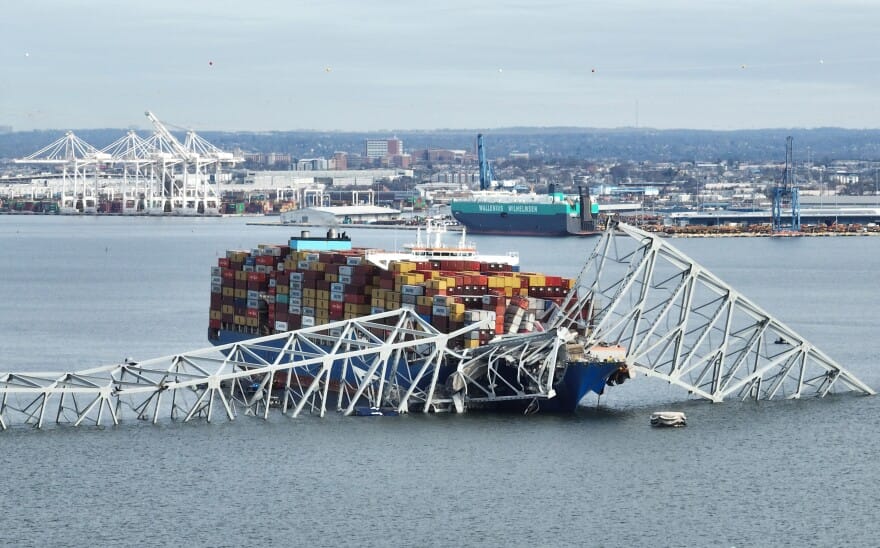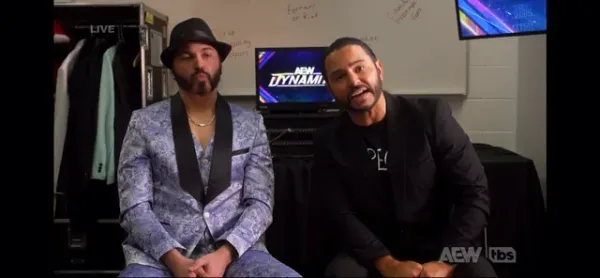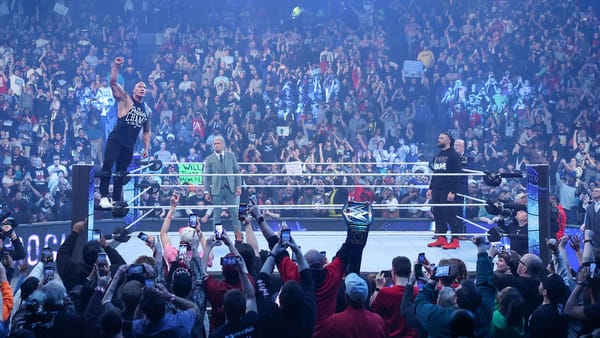Navigating A Bridge Collapse Tragedy During A Time of Misinformation
Some reactions to the Francis Scott Key Bridge collapse show we are way too susceptible to conspiracy and too detached from fact.

I start every day with the best intentions and hope not to wake up to bad news. I'd say, around late 2016, that notion was jarred loose. However, we persist. In the early hours of Tuesday morning, there was an unfortunate tragedy: The Francis Scott Key bridge was destroyed when a cargo ship struck it after losing power. Six construction workers are presumed dead, and rescue crews are still working around the clock to survey the extent of the damage. You wake up, read about that, and see the videos of the accident occurring, and that's upsetting enough. A whole bridge collapsing? To think that the damage would have been even greater if the ship's crew hadn't issued the mayday call still flows through my mind.
Even when times have shown the contrary, I still expect humans to show empathy in times of hardship. However, we are currently navigating a world where platforms are incentivizing the opposite and being comfortable in invoking those types of reactions. Twitter (I'm sorry, X) used to be where you could access accurate information in real-time. There was a system such as verification checks where you could follow news organizations and journalists to see what was happening. Was it perfect? No. But at least you could tell the real Adrian Wojnarowski from the fake one who tweeted, “Lebron James has retired from basketball.” With those checks and balances gone and the buffet of blue checks divided out to the plates of bots, hate accounts, and engagement rages looking for that sweet ad revenue, you had to sift through garbage to get to the facts.
The range of blame for this accident is actually kind of crazy. First, the new CRT boogeyman has morphed into a crusade against diversity, equity, and inclusion. That was in Baltimore Port Commissioner Karenthia Barber’s background. She was attacked for it because, somehow, your qualifications are supposed to mean having the power to stop ships from hitting a port. There were other false accusations insinuating that this was a terrorist attack, a symptom of the immigration crisis (which is gross considering the workers presumed dead were immigrants), vaccinations, and other insane theories. Putting aside the obvious election-year right-wing tie-ins, we have to recognize that there is a collision of conspiracy theorist culture with some of the greatest hits claiming 9/11 was a false flag operation and that the Sandy Hook shooting was staged along with varying beliefs that everybody is an expert. It takes a lot of courage to say, “I don’t know much about this. I will learn from somebody who knows more than I do.”
I have minimal knowledge of the structural procedures for building a bridge. However, if a colossal boat hits said bridge, it will probably do a lot of damage. From those basic instincts, that’s where you wait for experts to do extensive research and reporting to get down to the facts of the matter. There is a current crisis within the journalistic landscape amounting to excessive job loss and outlets shutting down—coupled with social media platforms like X turning into a troll’s playground. While this has always happened in some shape or form, it's hard not to see the noise pollution rising to fireworks on the Fourth of July levels. The internet is not so much the information superhighway anymore; instead, it's a place where AI bots have conversations with one another and, in fact, often lose the arm wrestling match to the most outrageous and incendiary opinion. If fact checkers call the calvary of truth, they will probably get met with dozens of comments about concealing the agenda of the deep state and concealing unseen footage of how the bridge fell.
We’ve often called for objectivity and for everybody to be able to come to a center of fact. However, we equally need to slow down. If we were committed to gathering our thoughts, we could emphasize not buying what these rage algorithms are selling. There’s another complicated conversation about these companies' owners and their goals. In the meantime, the appeal to empathy shouldn’t be the seventh emotion we experience.




